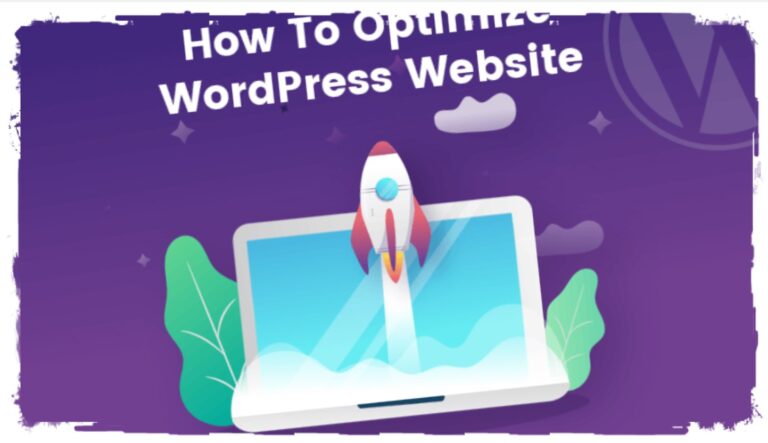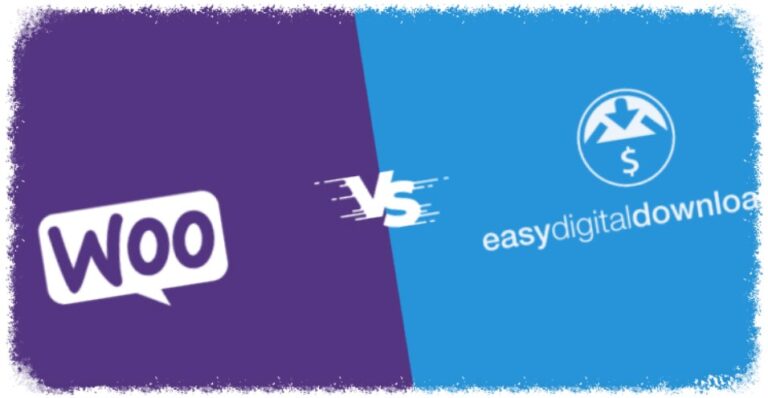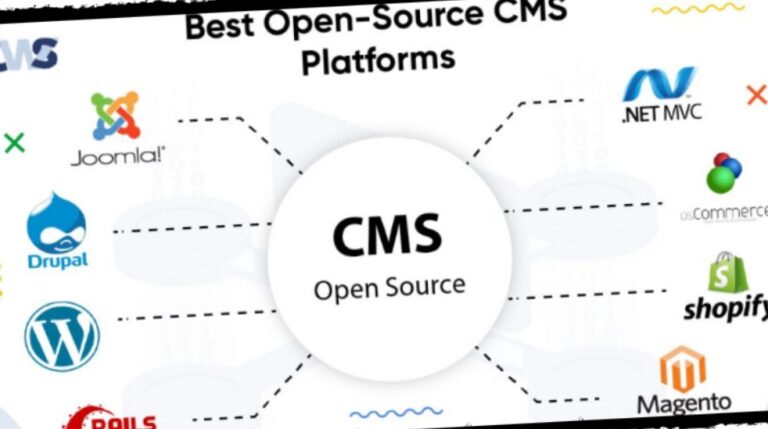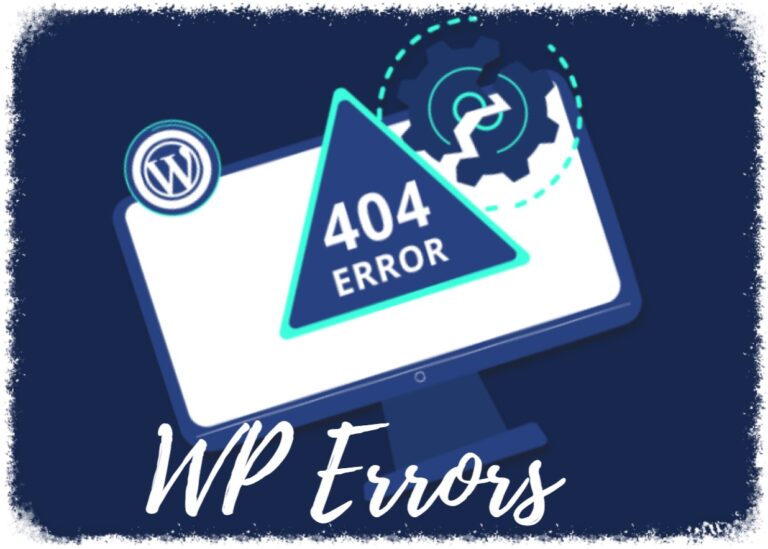Most Popular Open Source Ecommerce Platforms

For those wanting the freedom and flexibility to build their online store, open-source ecommerce platforms offer a compelling alternative to closed-source, subscription-based services. This article explores some of the most popular open-source ecommerce platforms available today, outlining their strengths and considerations to help you choose the right fit for your business needs.
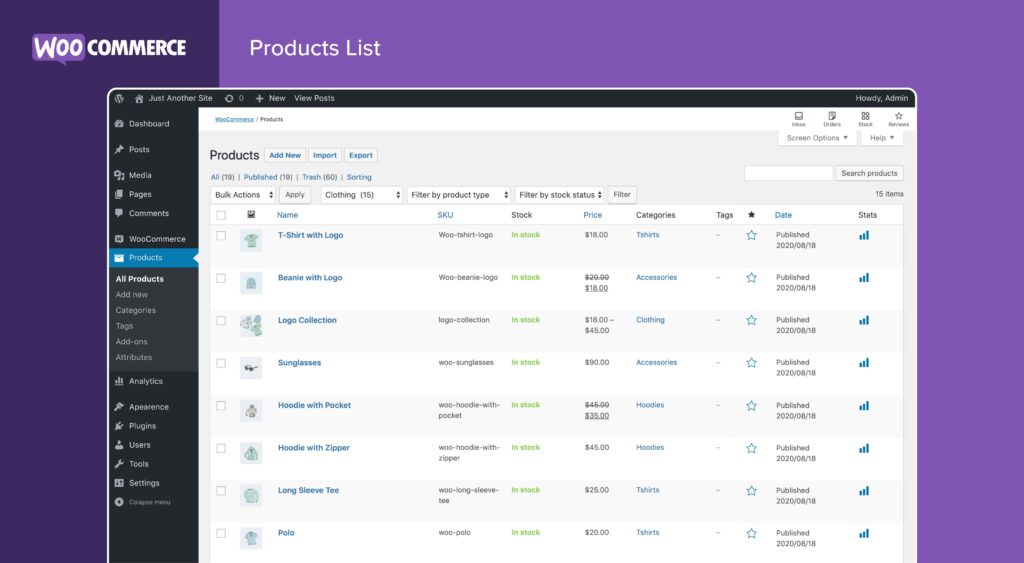
Reigning supreme in the open-source ecommerce space, WooCommerce seamlessly integrates with WordPress, the world’s most popular content management system (CMS). This powerful combination allows you to leverage the vast ecosystem of WordPress themes and plugins to create a unique and functional online store. WooCommerce boasts a user-friendly interface, making it accessible to beginners, while offering extensive customization options for developers. With a massive community and abundant resources, WooCommerce is an excellent choice for businesses of all sizes. However, it’s important to remember that you’ll need to factor in WordPress hosting costs.
2. Magento Open Source (Adobe Commerce)
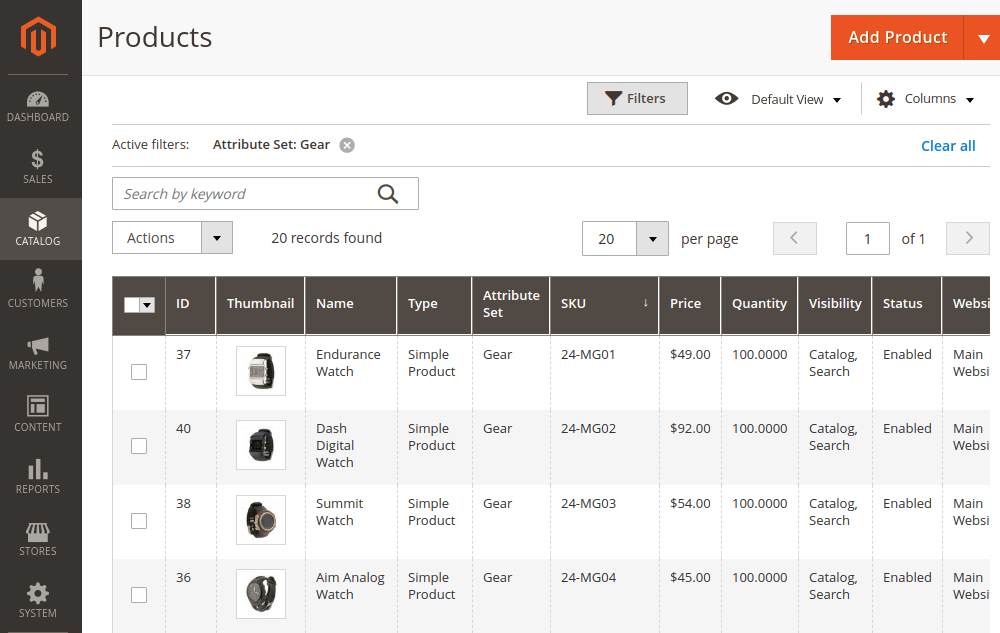
Previously known as Magento Open Source, Adobe Commerce offers a robust and scalable solution for enterprise-level businesses. It boasts a wide range of features out-of-the-box, including product management, marketing tools, and robust security. Magento is known for its flexibility and offers a high degree of customization. However, its complexity necessitates a steeper learning curve and often requires developer expertise to unlock its full potential.
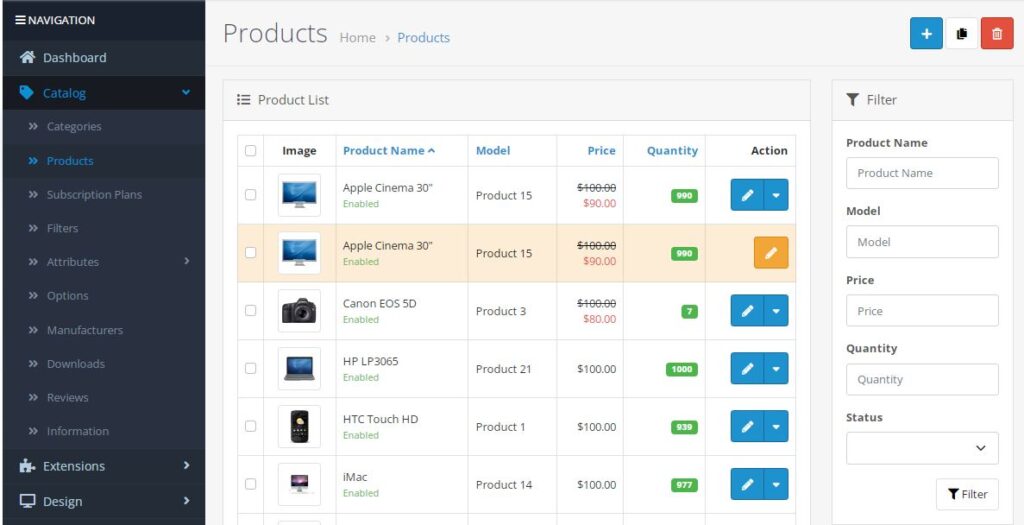
OpenCart is a free and user-friendly open-source platform popular for its ease of use and intuitive interface. It provides a solid foundation for building an online store with essential features like product management, coupons, and shipping options. OpenCart boasts a large community and a wide selection of extensions for additional functionality. While a good option for beginners, it might lack the scalability and advanced features required by larger businesses.

Another user-friendly option, PrestaShop offers a comprehensive set of features for building an online store. It includes product management tools, marketing features, and SEO optimization functionalities. PrestaShop is known for its large community and extensive marketplace of themes and extensions. It’s important to consider that PrestaShop can sometimes feel clunky compared to more modern platforms, and maintaining a secure store might require some technical knowledge.
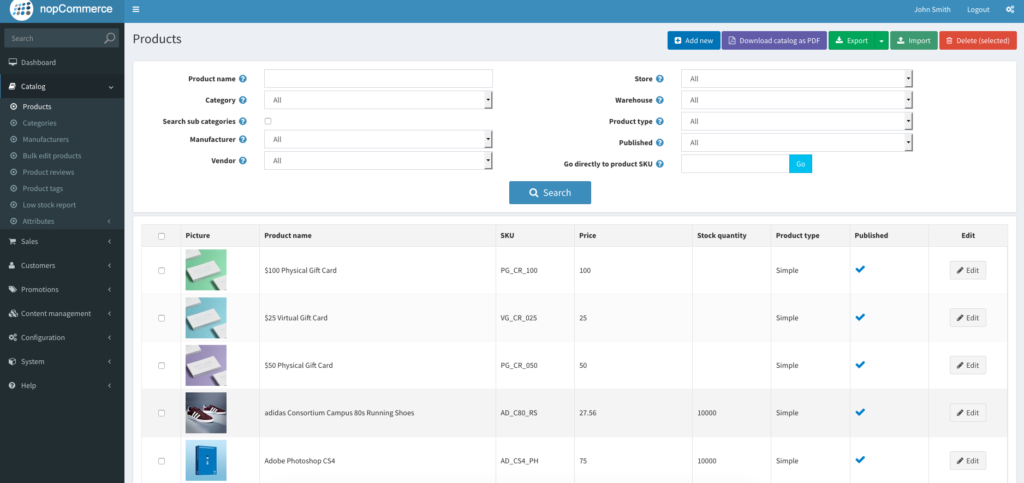
nopCommerce is a feature-rich open-source platform designed specifically for ecommerce. It provides a robust solution with functionalities like product management, multi-store capabilities, and built-in marketing tools. nopCommerce is known for its ease of use and scalability, making it a good option for businesses with growth aspirations. However, compared to some other options, the nopCommerce community might be slightly smaller, potentially limiting access to support resources.
Choosing the Right Platform
The best open-source ecommerce platform for your business depends on various factors like your technical expertise, budget, and business size. Here are some key considerations:
- Technical Expertise: Platforms like WooCommerce and OpenCart offer user-friendly interfaces, while Magento requires more technical know-how.
- Budget: While the platforms themselves are free, consider ongoing costs like website hosting, theme purchases, and extension fees.
- Scalability: If you anticipate significant growth, choose a platform that can scale with your business, such as Magento or nopCommerce.
- Features: Make a list of essential features you need and choose a platform that offers them natively or through extensions.
Open-source ecommerce platforms provide a powerful and cost-effective way to build your online store. By carefully considering your needs and technical capabilities, you can leverage the strengths of these platforms to create a thriving online business. Remember, the open-source community is a valuable resource, so don’t hesitate to tap into its expertise as you navigate your ecommerce journey.
